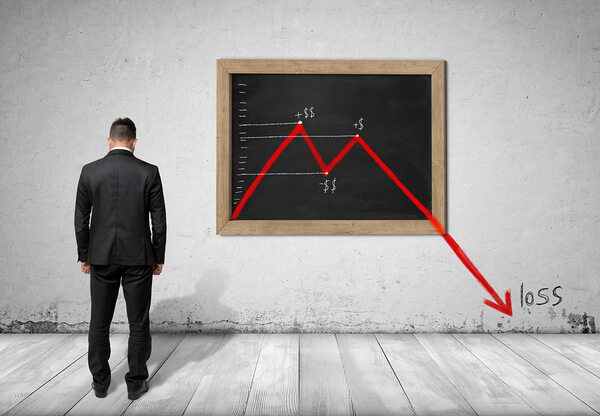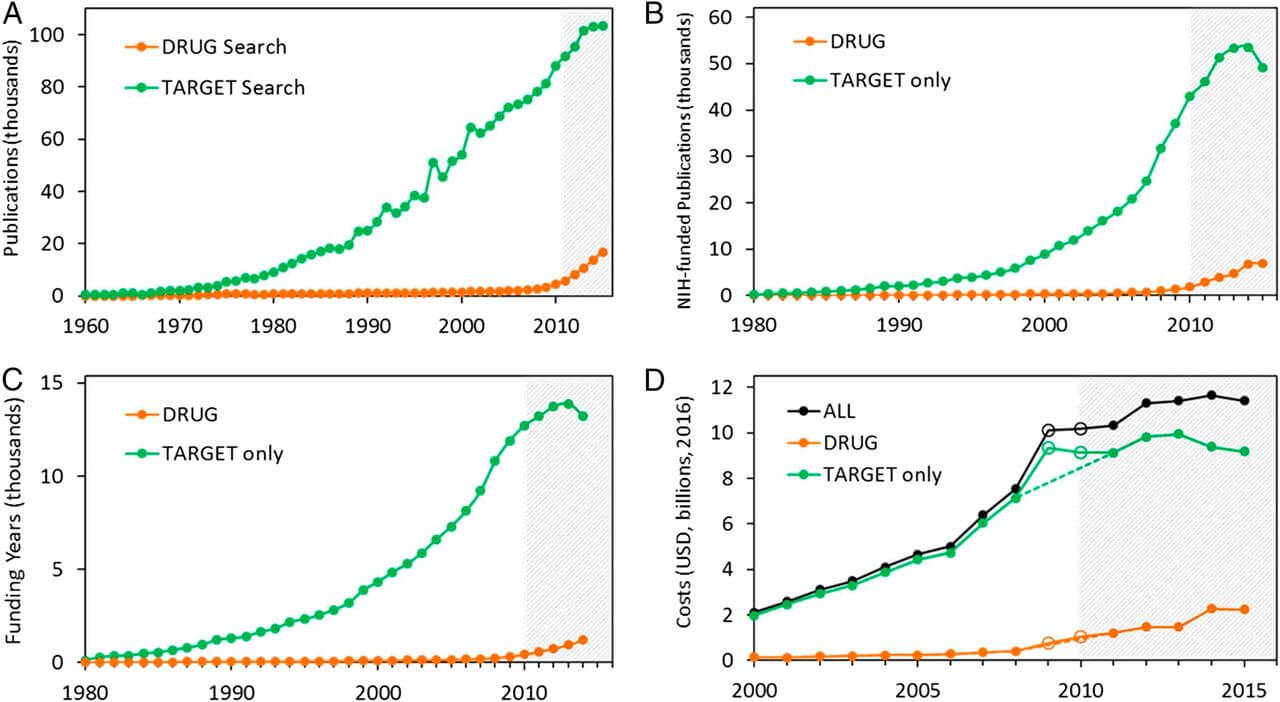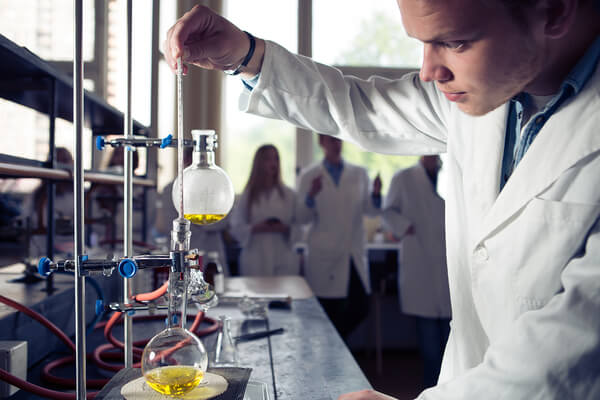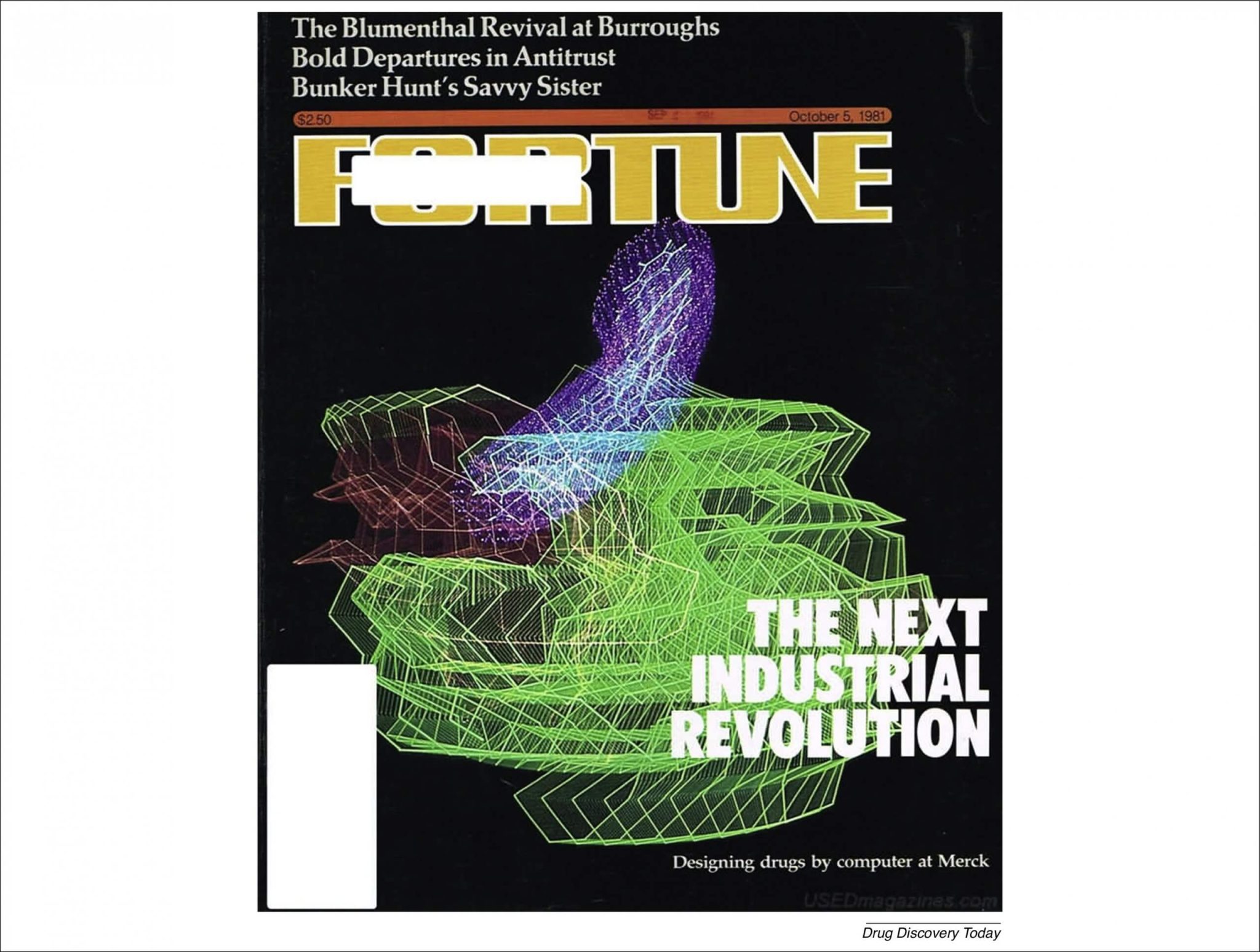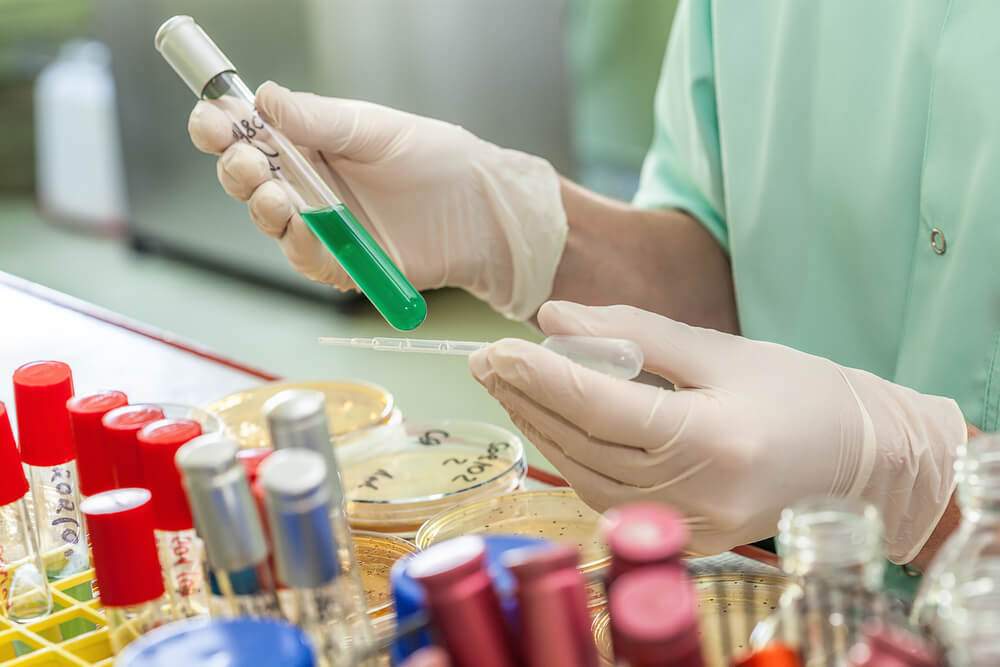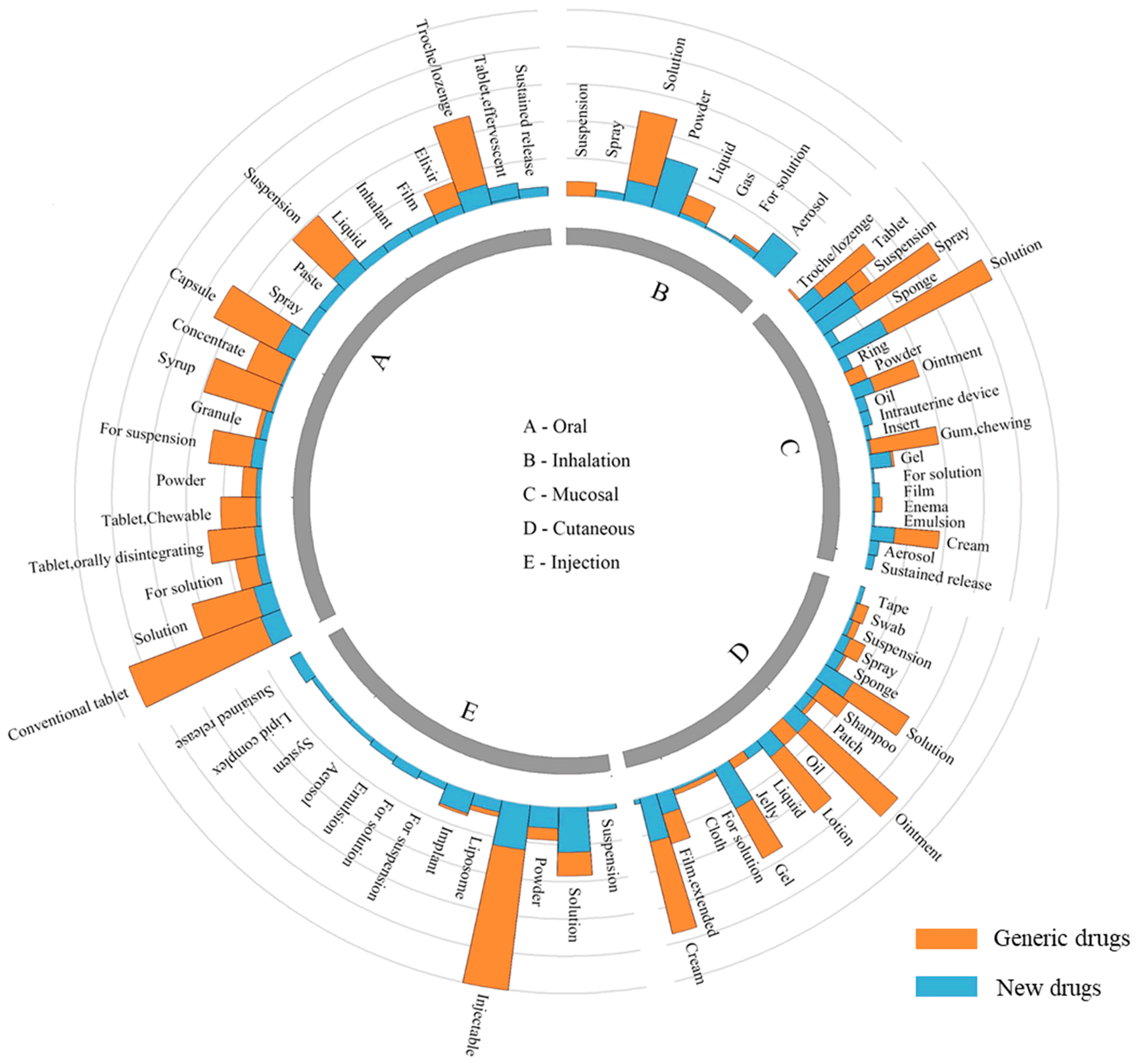
When a drug patent expires, it sets off a chain of events that significantly impacts the pharmaceutical market, drug prices, and consumer access to medications. This article delves into the intricacies of drug patent expiration, exploring its effects on various stakeholders, the strategies employed by pharmaceutical companies to extend their market exclusivity, and the broader implications for healthcare costs and patient care.
Table of Contents
- Introduction
- Understanding Drug Patents and Exclusivity
- The Lifecycle of a Drug Patent
- The Impact on Drug Prices
- Generic Drug Entry
- Consumer Benefits
- Challenges in Generic Drug Production
- Strategies to Extend Patent Life
- Patent Cliff Phenomenon
- Economic Implications for Pharmaceutical Companies
- Regulatory Aspects
- Case Studies
- Expert Opinions
- Future Trends
- Conclusion
- FAQs
Introduction
Have you ever wondered why some medications suddenly become more affordable? The answer often lies in the expiration of drug patents. When a drug’s patent expires, it opens the door for generic versions to enter the market, leading to significant changes in pricing and accessibility.
Understanding Drug Patents and Exclusivity
A drug patent is a legal protection granted to pharmaceutical companies, giving them exclusive rights to produce and sell a new drug for a specific period, typically 20 years from the filing date. However, the actual market exclusivity period is often shorter due to the time taken for clinical trials and regulatory approval.
The Lifecycle of a Drug Patent
The lifecycle of a drug patent involves several stages:
- Discovery and Development: This phase includes research, preclinical testing, and clinical trials.
- Patent Filing: Companies file for a patent to protect their invention.
- Market Exclusivity: Once approved, the drug enjoys a period of market exclusivity, during which no generic versions can be sold.
- Patent Expiry: After the patent expires, generic manufacturers can produce and sell the drug.
The Impact on Drug Prices
One of the most notable effects of patent expiration is the reduction in drug prices. Studies have shown that drug prices can decrease by 38% to 48% for physician-administered drugs and about 25% for oral drugs after patent expiration[2]. This price drop is primarily due to the entry of generic competitors.
“Drug prices decrease significantly after patent expiry. The extent of this price reduction varied greatly between products and countries.” – Gerard T. Vondeling, University of Groningen[1]
Generic Drug Entry
When a patent expires, generic drug manufacturers can apply for approval to produce and sell the drug. These generics are typically priced much lower than the branded versions, often at about 30% of the original price[3]. This competition drives down prices and increases accessibility.
Consumer Benefits
For consumers, the entry of generic drugs means substantial savings. Patients can access the same therapeutic benefits at a fraction of the cost, making essential medications more affordable and improving overall healthcare outcomes.
Challenges in Generic Drug Production
Producing generic drugs is not always straightforward. Some drugs, especially those requiring complex manufacturing processes, are more challenging to replicate. This complexity can delay the entry of generics and affect the extent of price reductions[2].
Strategies to Extend Patent Life
Pharmaceutical companies often employ various strategies to extend their market exclusivity and delay the entry of generics. These strategies include:
- Filing Additional Patents: Companies may file new patents for different uses or formulations of the drug.
- Legal Challenges: Engaging in patent litigation to delay generic competition.
- Licensing Agreements: Allowing select generic manufacturers to produce the drug before the patent expires, creating a controlled market entry.
Patent Cliff Phenomenon
The “patent cliff” refers to the sharp revenue decline that pharmaceutical companies face when multiple high-revenue drugs lose patent protection simultaneously. This phenomenon was particularly notable between 2010 and 2015, when patents on several blockbuster drugs expired, leading to significant financial impacts on the industry[3].
Economic Implications for Pharmaceutical Companies
Patent expirations can have profound economic implications for pharmaceutical companies. The loss of exclusivity often results in a substantial drop in sales and revenue. Companies must innovate continuously and develop new drugs to offset these losses and maintain profitability.
Regulatory Aspects
Regulatory bodies play a crucial role in managing the transition from patented drugs to generics. They ensure that generic drugs meet stringent standards for safety, efficacy, and quality before approval. This regulatory oversight is essential to maintain public trust in generic medications.
Case Studies
Several high-profile drugs have gone through the patent expiration process, providing valuable insights into its effects:
- Lipitor (atorvastatin): Once the world’s best-selling drug, Lipitor’s patent expiration led to a significant drop in price and the entry of multiple generic versions[3].
- Viagra (sildenafil): Pfizer’s strategic licensing agreements allowed for a gradual price reduction, illustrating how companies can manage the patent cliff.
Expert Opinions
Industry experts highlight the importance of understanding both patents and exclusivity in the pharmaceutical market. According to Rena Conti and Ernst Berndt, the introduction of generics typically leads to increased sales volume and total revenue, despite lower prices[2].
Future Trends
Looking ahead, the pharmaceutical industry will continue to face challenges related to patent expirations. However, advancements in drug development, regulatory changes, and innovative business strategies will shape the future landscape. Companies must adapt to these changes to remain competitive and ensure continued access to affordable medications.
Conclusion
In summary, the expiration of drug patents is a pivotal event in the pharmaceutical industry. It brings about significant price reductions, increased access to medications, and economic challenges for drug manufacturers. Understanding the complexities of patents and exclusivity is crucial for stakeholders across the healthcare spectrum.
FAQs
- What happens when a drug patent expires?
When a drug patent expires, generic manufacturers can produce and sell lower-priced versions of the drug, leading to significant price reductions and increased accessibility. - How much do drug prices decrease after patent expiration?
Drug prices can decrease by 38% to 48% for physician-administered drugs and about 25% for oral drugs after patent expiration[2]. - What strategies do pharmaceutical companies use to extend patent life?
Companies may file additional patents, engage in patent litigation, or enter licensing agreements to delay the entry of generics and extend market exclusivity. - What is the “patent cliff”?
The “patent cliff” refers to the sharp revenue decline that pharmaceutical companies face when multiple high-revenue drugs lose patent protection simultaneously[3]. - What are the challenges in producing generic drugs?
Some drugs, especially those requiring complex manufacturing processes, are more challenging to replicate, which can delay the entry of generics and affect price reductions[2].
Sources Cited
- Gerard T. Vondeling, University of Groningen, “The Impact of Patent Expiry on Drug Prices: A Systematic Literature Review.”
- Linda Gorman, “Patent Expiration and Pharmaceutical Prices | NBER.”
- “Drug Patent Expirations and the ‘Patent Cliff’ – U.S. Pharmacist.”




